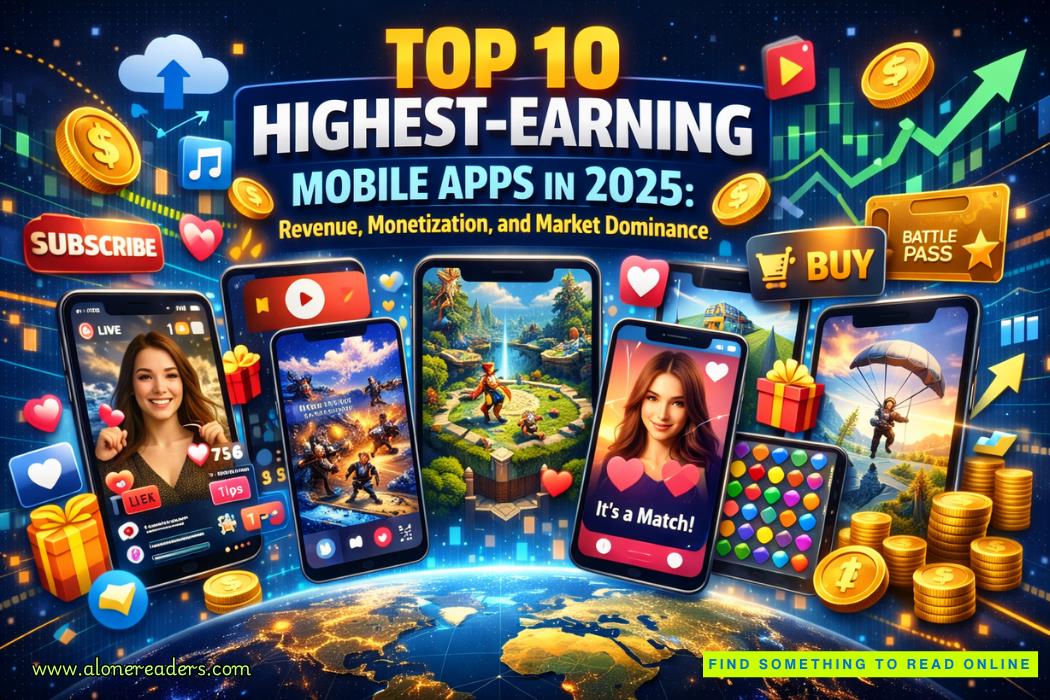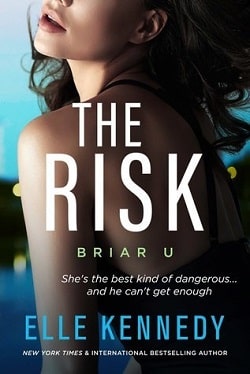The words were dangerous—too kind, too close to the ache I didn’t want to admit was still there for him. He held me tight and close, and I couldn’t help but lean into his warmth.
“You’re allowed to be angry at me,” he murmured. “Hate me if you need to. But don’t let this job define you. We’ll find another way in. I’ll help you.”
I almost laughed at the absurdity—Ace, helping me, after everything. But his voice was so certain it made something deep inside me want to believe him.
“What, you’re gonna call up the library and tell them I’m harmless?” I said, my words muffled against his shirt.
“If that’s what it takes,” he said. “Hell, I’ll stand in front of every parent in this city and tell them you’re the safest person their kids could be around. And I’ll mean it.”
“You can’t fix this,” I whispered.
“Maybe not.” He brushed a tear from my cheek with his thumb. “But I can make sure you don’t have to fight it alone.”
Something twisted in my chest — anger, yes, but also the smallest flicker of relief. I hated that I wanted to lean on him, but in that moment, I couldn’t make myself step away.
The rejection still burned. The dream was still gone. But his arms were solid, and for now, that was enough to keep me from falling apart completely.
Chapter 36: The Hound—Heartfelt gifts
After Rose’s breakdown in the parking lot, she let me drive her home. “Let” is probably the wrong word. I maneuvered her into my car and physically clipped her seatbelt for her. When we arrived at her building, she left without a word, still crying silently. I tried to follow but she made a stop motion with her hand, and as difficult as it was, I held myself back from following her, opting instead to sit in my car and watch her building. This was my go-to activity lately. Watching Rose from a distance.
I had become Rose’s caretaker and protector. It was the role I was born to play, but given she wouldn’t let me near her, I performed it by correspondence. The first gift was not a gift. It was a bag of groceries left by her door: soup, ginger tea, oranges, and honey. I told myself it was a necessity, not indulgence. I wrote nothing, signed nothing, and rang no bell. If she guessed it was me, she didn’t say. If she resented the bags when she found them, she didn’t throw them out where I could see. The building door remained propped open by a brick. While I was pleased with the convenience of access, the lack of security infuriated me.
The second gift was a library discard I found in a thrift shop:The Velveteen Rabbit, a book about how enduring love made the toy rabbit “real.” He was not real by birth or creation; he was real simply because he was so dearly loved. He was transformed through hardship and was just as loveable with his worn ears and thinned fur. Inside the cover, stamped in red ink, was the wordWITHDRAWN. I set it carefully against her door and stepped back. I didn’t knock.
Days stretched and cinched. I tried to keep my hands off my phone but compulsively checked it every ten minutes. She did not reply to my message asking if she’d eaten. She didn’t answer when I sent another.
Me: Here if you need me. No pressure.
The quiet between us wasn’t punishment; it was quarantine. I told myself that I could live on the outside if it meant she could breathe.
I drove past her building frequently. I practiced not wanting more, hoping it would become an established thought pattern. It felt like holding a plank over deep water and pretending it was a bridge.
On the fifth day, my phone buzzed with a new message. I grabbed it instantly, hoping against hope it was a response from Rose.
Paul Callahan: Are you free for a call?
I called him straight away.
“Is this ... Ace?” Paul sounded tentative.
“Yes, this is Ace. Have you got news for me, Paul?”
I sat in my car, staring at the inactive speedometer. There was a pause, filled with the small noises of wherever Paul was—paper, a chair, a distant cough. “I don’t know the protocol for this,” Paul said finally. “I wanted to tell her in person, but she's ... She needs gentleness around edges right now, and I don’t have a good map for that. I spoke to her when I lodged the test, and she seemed ... unsettled. I don’t know how to deliver this news. I know you’re ... working for her.”
“Yes, Rose is also a friend. What is the result?”
“She’s mine,” he said, his voice choking on the last word. “My daughter,” Paul said, and his voice changed on the word, softer and more afraid. “Well, one of my daughters. My wife knows. I haven’t told the girls. I told Rose we’d meet up if I was her dad. Please tell her I still want to do that. I can’t be a dad to her; so much time has passed, but I can be a friend. I can be some kind of family.”
I pressed the heel of his hand into my brow. I pictured Rose in the parking lot with the rejection email, the way she’d curledinward like a kitten grabbed by the scruff of her neck. Then I pictured this news on top of that, a weight added to a weight, but also a relief. Closure.
“I can tell her,” Paul said quietly. A cough. “But you ... you seem like someone who might care how she hears it.”
“I care,” I said, choosing the simplest version of the truth. “I care.”
Paul. Father. The word did strange things to my heart. I found Rose’s father. I brought her closure. It felt good to finally have done something right.
Back at my apartment, I stared at the square card wrapped in cellophane. I’d bought it on impulse, the solo yellow rose on the front calling to something in me. I slit the plastic with a butter knife and slid the card free.















